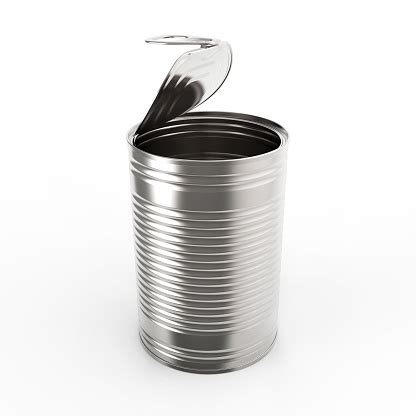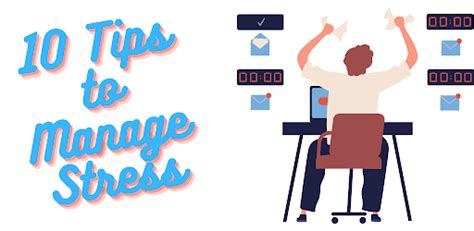How can men naturally boost low testosterone for better energy & performance?

Low testosterone, often referred to as ‘Low T,’ is a common condition affecting millions of men, particularly as they age. Symptoms can range from fatigue, decreased libido, and erectile dysfunction to reduced muscle mass, increased body fat, and mood disturbances. While medical interventions are available, many men are seeking natural, lifestyle-based approaches to optimize their testosterone levels for improved energy, performance, and quality of life. The good news is that several evidence-backed strategies can help your body naturally produce more of this vital hormone.
Optimize Your Nutrition: Fueling Testosterone Production
What you eat plays a profound role in your hormonal health. A balanced diet rich in specific nutrients is crucial for testosterone synthesis. Focus on:
- Healthy Fats: Cholesterol is a precursor to testosterone, so consuming healthy fats from sources like avocados, nuts, seeds, olive oil, and fatty fish (salmon, mackerel) is essential. Avoid excessive saturated and trans fats.
- Zinc-Rich Foods: Zinc is a vital mineral for testosterone production. Incorporate foods such as oysters, red meat, poultry, beans, nuts, and whole grains into your diet.
- Vitamin D: Often called the ‘sunshine vitamin,’ Vitamin D acts as a steroid hormone in the body and is strongly linked to testosterone levels. Get regular, safe sun exposure or consume fortified foods and fatty fish.
- Limit Sugars and Refined Carbs: High sugar intake can lead to insulin resistance, which has been shown to negatively impact testosterone. Prioritize complex carbohydrates from vegetables and whole grains.

Exercise Smart: Not Just Hard
Regular physical activity is one of the most powerful natural testosterone boosters, but the type of exercise matters.
- Strength Training: Lifting weights, especially compound movements like squats, deadlifts, bench presses, and rows, has been shown to significantly increase testosterone levels. Aim for 3-4 sessions per week.
- High-Intensity Interval Training (HIIT): Short bursts of intense exercise followed by brief recovery periods can also stimulate testosterone production effectively.
- Avoid Overtraining: While exercise is good, excessive or prolonged endurance training (like marathon running) can sometimes lead to a drop in testosterone and an increase in cortisol (a stress hormone). Balance is key.
Prioritize Sleep: The Unsung Hero
Sleep deprivation is a silent assassin for testosterone. Most testosterone release occurs during sleep, particularly during REM cycles. Aim for 7-9 hours of high-quality sleep per night. Poor sleep can dramatically reduce testosterone levels in just a few days. Establish a consistent sleep schedule, create a dark and cool sleep environment, and avoid screens before bed to optimize your sleep quality.

Stress Less: Taming Cortisol’s Impact
Chronic stress leads to elevated levels of cortisol, a hormone that has an inverse relationship with testosterone. When cortisol goes up, testosterone often goes down. Managing stress is therefore crucial for hormonal balance.
- Mindfulness and Meditation: Practices like meditation, yoga, and deep breathing can effectively lower cortisol levels.
- Hobbies and Relaxation: Engage in activities you enjoy, spend time in nature, or practice progressive muscle relaxation to de-stress.

Consider Key Supplements (Naturally Sourced)
While diet and lifestyle are primary, certain supplements can support natural testosterone production, especially if you have deficiencies.
- Vitamin D: If sun exposure is limited, a Vitamin D3 supplement (2,000-5,000 IU daily, after consulting a doctor to check levels) can be beneficial.
- Zinc: If your diet is lacking in zinc-rich foods, a modest zinc supplement (e.g., 15-30 mg daily) can help, but avoid excessive intake which can cause copper deficiency.
- Magnesium: Important for overall health and shown to be positively correlated with free testosterone levels. Magnesium citrate or glycinate are good forms.
- Ashwagandha: This adaptogenic herb has been studied for its ability to reduce stress (cortisol) and improve testosterone levels in some men.

Lifestyle Habits: Beyond Diet and Exercise
- Maintain a Healthy Weight: Obesity, particularly abdominal fat, can convert testosterone into estrogen. Losing excess weight can significantly improve testosterone levels.
- Limit Alcohol Intake: Excessive alcohol consumption can interfere with testosterone production and metabolism.
- Avoid Endocrine Disruptors: Be mindful of chemicals in plastics (BPA), personal care products (phthalates), and pesticides that can mimic hormones and disrupt endocrine function.
Boosting testosterone naturally is a holistic endeavor that requires consistency and commitment across multiple lifestyle factors. While these strategies can be highly effective, it’s always recommended to consult with a healthcare professional to get an accurate diagnosis of low testosterone and to discuss the best course of action for your individual health needs. With a dedicated approach, you can reclaim your energy, enhance your performance, and improve your overall well-being.










